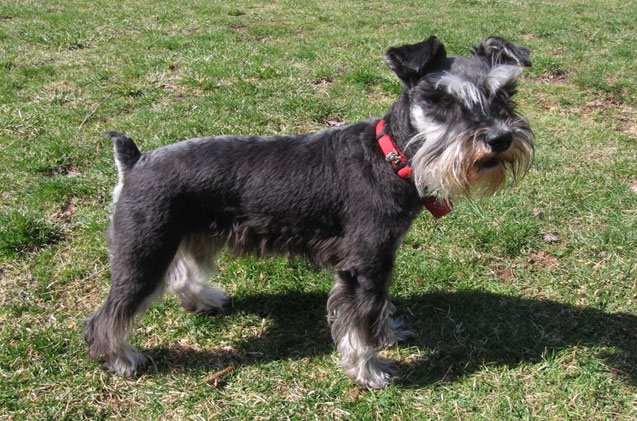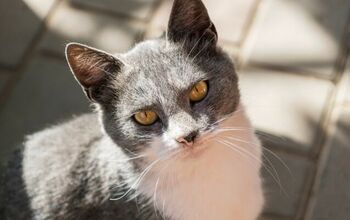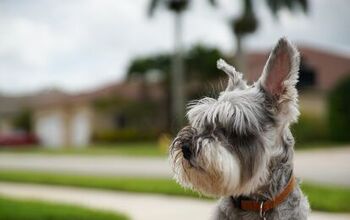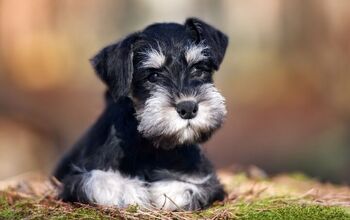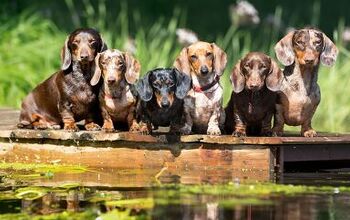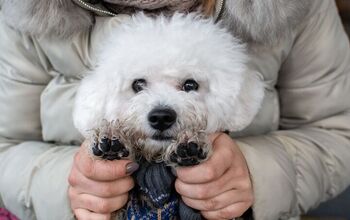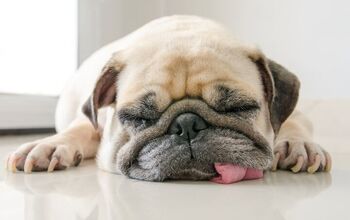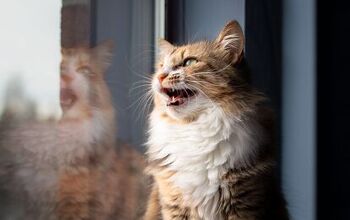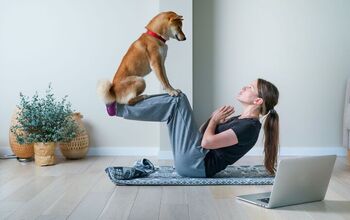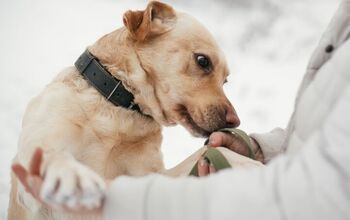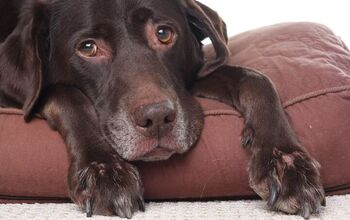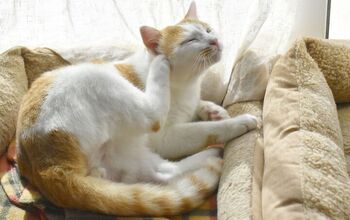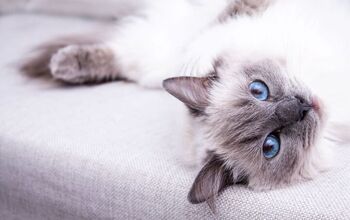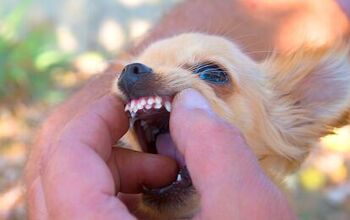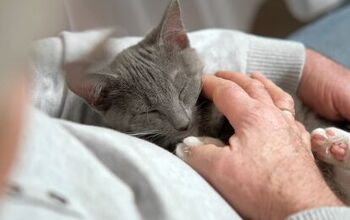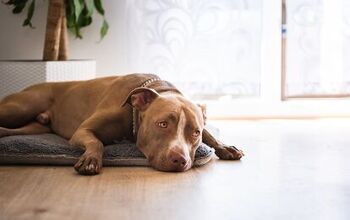Miniature Schnauzer


About Miniature Schnauzer
If you’ve ever heard of a Miniature Schnauzer without having actually seen one, the name of the breed alone can be a catalyst to a host of odd images. How miniature is it? Is it a toy breed? Can I keep one in my pocket? Of course, a little knowledge goes a long way, and the truth about the Miniature Schnauzer is that this breed, known in Germany as the Zwergschnauzer, is actually closer to a poodle than it is a little dog that you can hold in your pocket.
So, what does this all mean for someone who’s looking for a new pet dog to bring home to the apartment or to the family? A Miniature Schnauzer is a lively, friendly, courageous pooch you’ll never be bored around. Full of energy and brimming with positivity, these dogs can be mischievous but it’s all in good spirit. Despite their active nature, Miniature Schnauzers make excellent city dogs but will work well even if you’ve got plenty of space for them. In other words, the Miniature Schnauzer doesn’t have to be a type of dog that only lovers of toy dogs can enjoy, whatever his name might suggest. It’s an all around great dog for families of all shapes and sizes!
Of course, the popularity of this breed already speaks volumes about their good traits. Now one of the most popular breeds in the U.S., the Miniature Schnauzer definitely has found solid footing in North America where many families chose these perky dogs as their pampered pets. But as you might imagine, its history and pedigree have deeper roots than that- the breed got its start many, many years back. If you’re curious how Miniature Schnauzer came to be and what to expect with this breed, keep on reading!
Miniature Schnauzers make excellent city dogs but will work well even if you’ve got plenty of space for them.
You can’t have a dog word like Schnauzer without giving some homage to Germany, a country that, like England, has meant a lot to the world of dog breeding. Originally bred out of a combination of poodles and Affenpinschers, the Schnauzer’s roots do indeed trace to the toy breeds. While Schnauzers can have a lot of temperament and personality traits that expose this ancestry, you’ll find them to be a very versatile breed, as far as smaller dogs are concerned.
Originally, Miniature Schnauzers were bred to be a more medium-sized dog that could help with farming – rounding up rodents, for example. But the Germans couldn’t resist breeding it down into a smaller form, where its more natural state as a miniature dog took root. This occurred during the 1800s, as many breeds were also being developed, and today we’re left with a breed that is distinct as many of the classic types of dogs that have been around for centuries longer.
Pedigree
Perhaps it makes sense that all those German farmers and dog breeders didn’t like the Miniature Schnauzer as, well, something that wasn’t miniature. The pedigree of the Miniature Schnauzer, after all, goes to its dog breed parents: poodles and Affenpinschers. You can’t breed those two types of dog and expect to come out with a German Shepherd on the other end – even if you’re doing your breeding in Germany.
So it makes sense that the Miniature Schnauzer’s coat, temperament, and size are all well in line with many smaller dogs. That means if you’re considering getting yourself a Miniature Schnauzer, you’ll have to be familiar with its individual characteristics.
For every dog, a well balanced, nutritious, healthy diet is the foundation of good health. Without good food in their bowl, dogs won’t have the energy to go about their daily activities and their immune system will be weakened if they don’t get the nutrients they need. Needless to say, this can lead to a myriad of health issues down the road so it’s important to get your pet’s diet right and make sure all of the key groups of nutrients are included in their daily meals. For most pet owners, the easiest and most effective route to go for is feeding commercial pet food. In case of Miniature Schnauzer, the best choice will be high-quality dry food for active small breed dogs. Of course, each dog is unique and leads a different lifestyle, so make sure to adapt your choice accordingly- consider your pet’s age group, weight, and activity levels before choosing their chow. Additionally, to give your Miniature Schnauzer all the vitamins and minerals his body needs, be sure to try cooking them meals from time to time, mashing in chopped vegetables along with bits of meat to ensure it’s getting all the crucial nutrients. Besides, it will work as a great occasional treat and a welcome change from the standard kibble!
In addition to type of food, another important consideration is portion control. Like many smaller breeds, it’s easy to coddle the Miniature Schnauzer with a lot of food and too little exercise, particularly if you live in the city. That’s why it will be important that you regulate its diet: give them plenty of exercise and don’t let them eat too much.
The Miniature Schnauzer is a loyal, fun dog that looks more like a classic breed than many people realize.
Miniature Schnauzers can be highly responsive to training but can also have a bit of an independent streak that will be a little troublesome for first-time dog owners. Luckily, the Miniature Schnauzer has a reputation for being obedient to commands even if you’re not a particularly skilled dog trainer. As mentioned before, these types of dogs will make excellent pets thanks to its personality. But don’t let that be a reason you ignore the dog training itself! Put in some time and effort, mix in some patience, and you might be surprised at the kind of results you can illicit from this friendly breed.
Don’t expect a lot of brute force or power from a dog named the Miniature Schnauzer. A weight of 12-20 pounds is plenty for a male Miniature Schnauzer; 12-18 for females.
Temperament / Behavior
If you want to get a small dog without a reputation for being prissy, the Miniature Schnauzer is perfect for you. Its coat and overall structure are more that of a traditional mid-sized dog, as well.
The key issue for Miniature Schnauzers: fat. They frequently come across problems associated with high fat levels like diabetes, so be sure that you monitor your Miniature Schnauzer’s weight and keep it exercising on a daily basis: it’s good for both you and your dog.
Expect your Miniature Schnauzer to live around 12-15 years depending on its individual health and lifestyle.
Plenty of exercise is required for these dogs. As mentioned, high body fat is a major issue for Miniature Schnauzers, so you’ll want to do the regulating for your dog. Make sure to use poultry and lean meats in its diet and don’t over-feed it. Keeping your dog lean and healthy is important in the exercise department, so don’t be afraid to give your dog a good workout even if it is a “miniature” breed.
Miniature Schnauzers can be highly responsive to training but can also have a bit of an independent streak.
Miniature Schnauzer is described by the American Kennel Club as “a bright, friendly, trainable companion, small enough to adapt to apartment life but tireless enough to patrol acres of farmland.” No one is immune to the many charms of these little guys, not even the pros!
The coat of the Miniature Schnauzer is coarse and wiry on top, with soft guide hairs underneath it. The most distinct feature (in addition to standard colors) is the “beard” and furry brows these dogs boast: you can trim it to adjust the appearance, but it definitely makes these pooches look like dapper dandies of the canine world. The colors of the coat are variations of white, grey, and black color combinations.
Miniature Schnauzers sport a double coat that’s wiry to touch and doesn’t shed too much. This is a short-haired, low-maintenance breed and it will be a great choice if you are trying to avoid breeds that require long brushing sessions, intricate haircuts, and frequent visits to the groomer’s salon. To keep a Mini Schnauzer’s coat tidy and neat, however, you’ll have to have a grooming routine of your own. Their undercoat needs to be removed regularly with brushing (ideally a deshedding tool) and they’ll require trimmings to keep them looking their best. That is especially true for their dashing facial hair- a bit of a trim can make a world of difference!
Miniature Schnauzer puppies are cute, but be sure to pay attention to the coat if you plan on competing your dog: there are a finite number of official coat colors accepted in competition by regulators.

Amy Tokic, Editor of PetGuide.com, is a passionate animal lover and proud pet parent of Oscar, a Shih Tzu/Chihuahua cross, and Zed, a Japanese Chin. Her love of animals began in kindergarten, when she brought her stuffed dog Snoopy into class with her every day. Now, she writes about her adventures in pet ownership and tirelessly researches products, news and health related issues she can share with other animal enthusiasts. In her free time, Amy loves perusing used book and record stores, obsessing over the latest pet products available and chasing squirrels with wild abandon (a habit attributed to spending too much time with her pooches).
More by Amy Tokic



